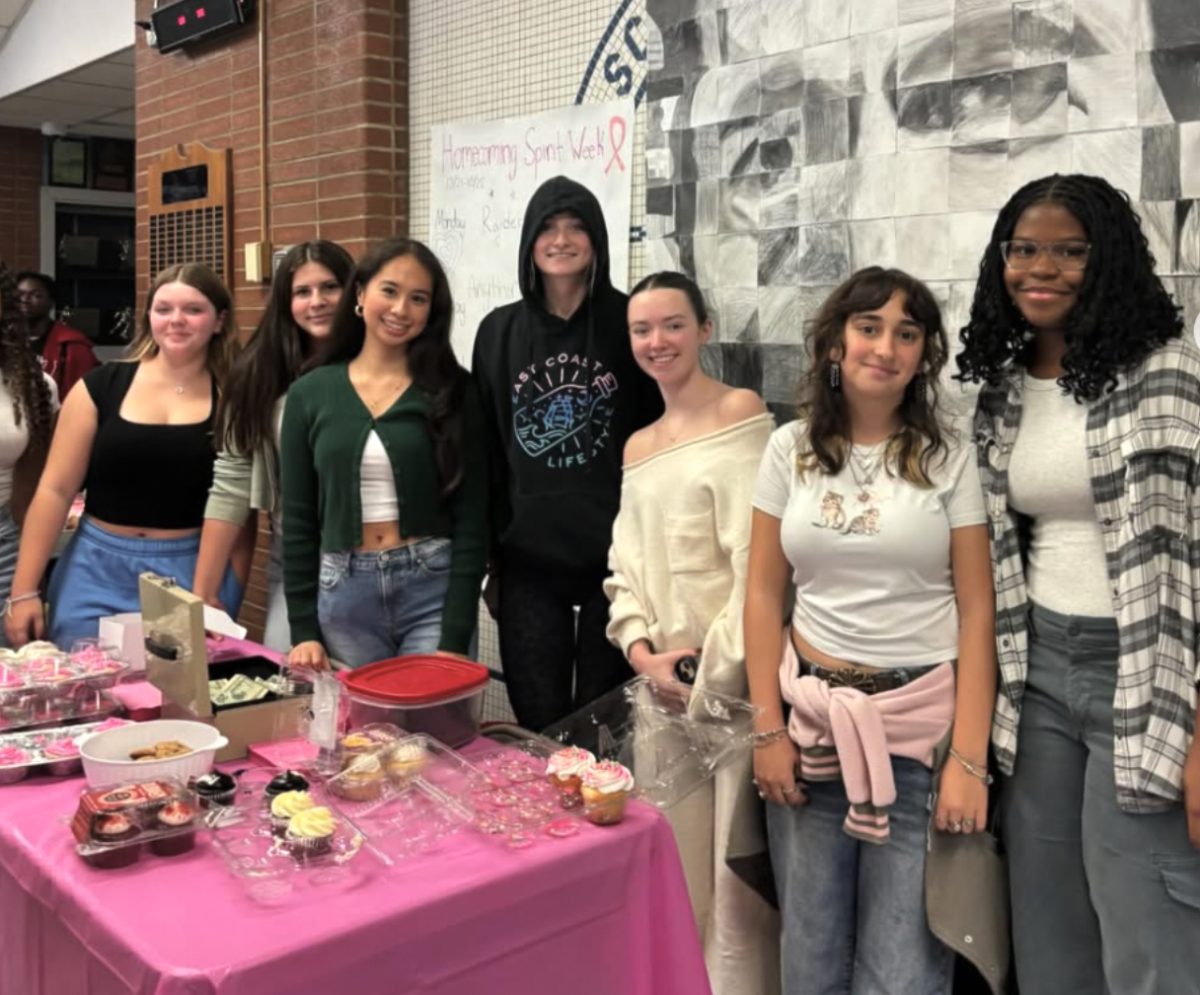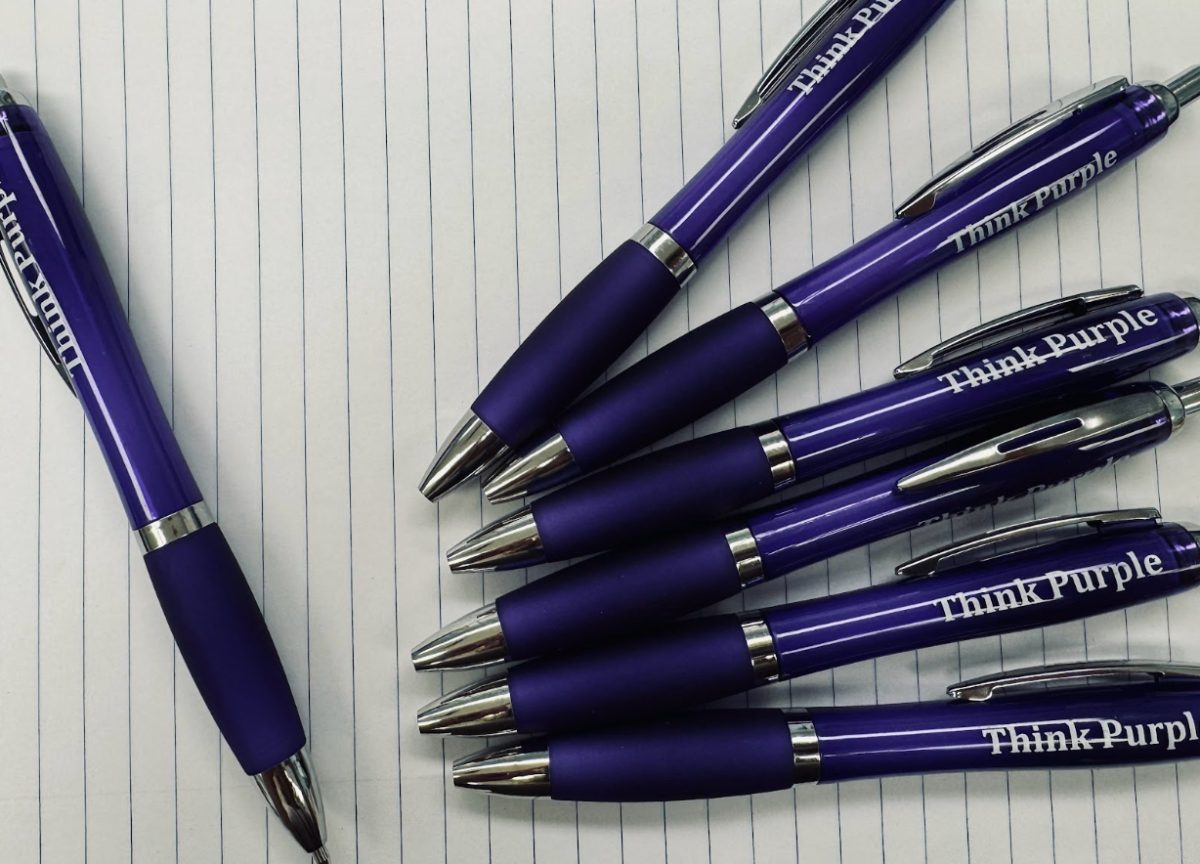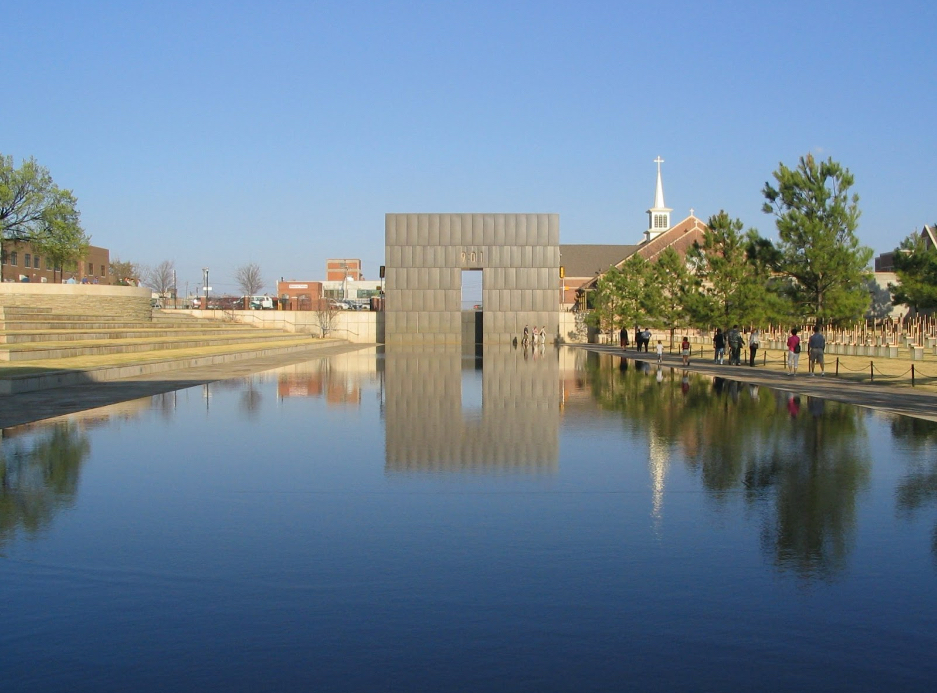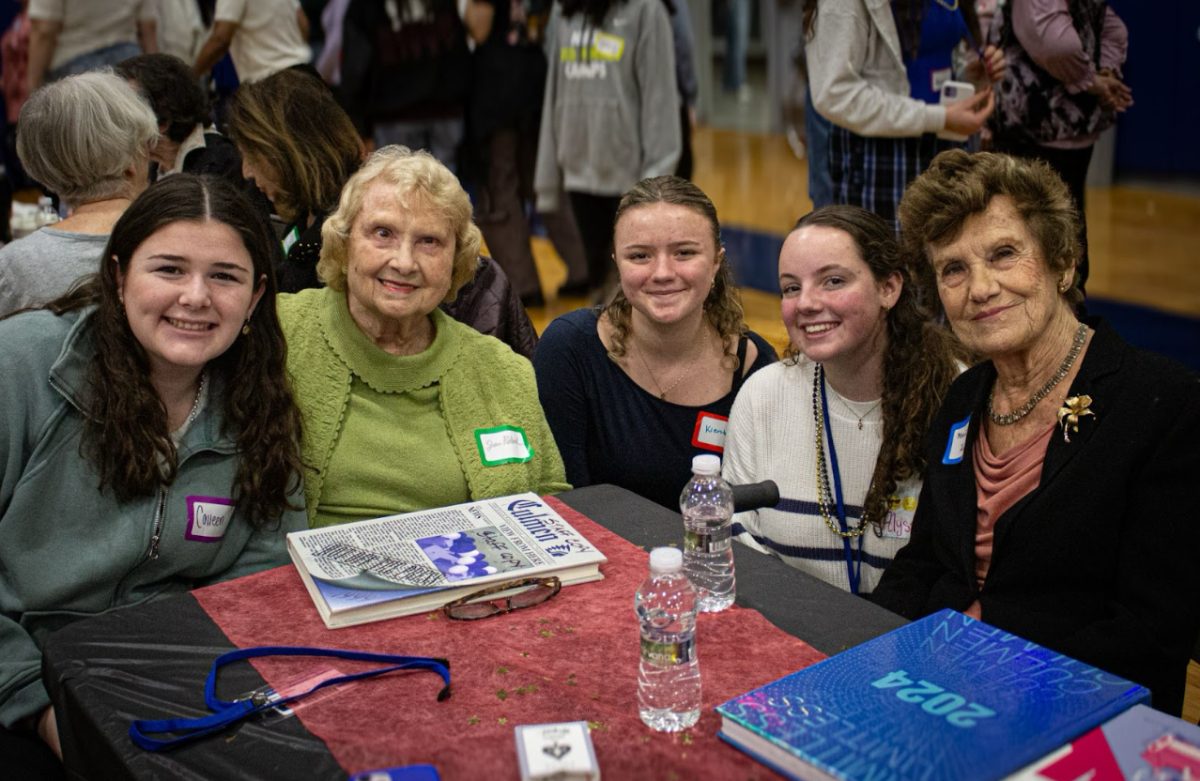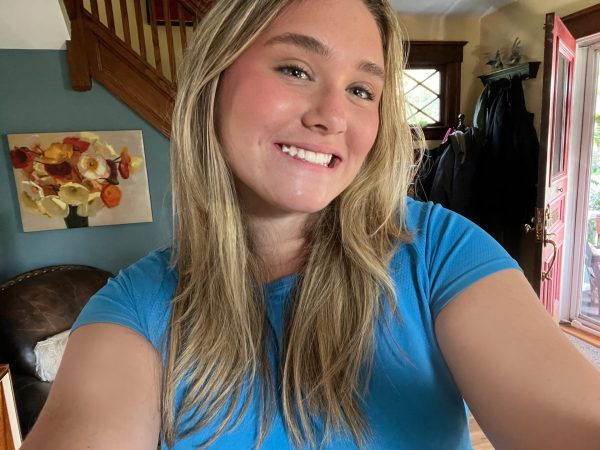Scotch Plains–Fanwood High School’s Women’s Health Club (WHC) is needed more than ever as the United States grapples with surging political debates on healthcare access and women’s reproductive rights. In its first full year of activity, the club’s goal is to spread awareness about women’s health and fundraise for women in need.
Although the club achieved major accomplishments last year, such as organizing a successful feminine hygiene drive and gaining more than forty members in its first month, the WHC’s founders plan to expand the club even more this school year.
The club’s three founders and presidents, Sophia Labazzo, Lacey Greene and Madelyn Coyle, run the WHC. Labazzo and Greene plan to pursue careers in the medical field and strongly believe in the importance of women’s healthcare.
“Women’s health has been affected so much by politics. We’ve faced a lot in the last year and it’s important to share women’s stories and the issues we face which are often overlooked,” Greene said.
An eventful year for women’s healthcare, ongoing national discussions about the availability of abortion care, access to contraceptives, as well as maternal healthcare disparities, has shaken America.
Southern states like Florida and Texas have enforced legislation that limits reproductive freedom, meanwhile, states across the country continue to struggle with a shortage of maternal health providers.
The accessibility of feminine hygiene products is one of the many issues WHC works to solve. Period poverty, which is the inability to afford necessary menstrual supplies, has affected females in America for generations.
“Everybody has at least one woman in their life who experiences having something as basic as a period,” Labazzo said. “And there’s a lot of women in the world that have problems such as endometriosis, dysmenorrhea, and menorrhagia which are problems with the pain and frequency of your period.”
The WHC has organized drives to collect and distribute feminine hygiene products to those in need. Their initiative provides temporary relief and creates a lasting conversation about the importance of access to essential menstrual products many take for granted.
The club also holds meetings to educate and have open discussions about various women’s health issues including period-related diseases. 30-40 percent of women experience symptoms severe enough to disrupt their lifestyles. Diseases include endometriosis, which causes tissue similar to the lining of the uterus to grow outside of the uterus. This causes severe pain and can often lead to infertility. Dysmenorrhea causes intense menstrual cramps and Menorrhagia causes excessive menstrual bleeding. The WHC works to raise awareness about these common but often overlooked conditions.
“The club is a great safe and supportive place to bring girls together to learn about their health,” Greene said. “For anyone interested in a healthcare career, the club offers education on women’s health and lets people connect with others who share the same interest.”
As they look into the future, the WHC is planning more events this year as well as initiatives to better women’s healthcare.
“We’re working with other students to put together a walk for raising awareness for women who are victims of assault,” Labazzo said. “We’ll be doing more drives and hopefully having more interactive meetings where members can do hands-on activities in the medical field and participate in informational sessions with professionals.”
In a critical time for healthcare and women’s rights, the WHC is a powerful example of what students can accomplish when they come together for an important cause. Whether through advocacy, action or simply having open dialogue, the club’s founders are determined to make a real change.


